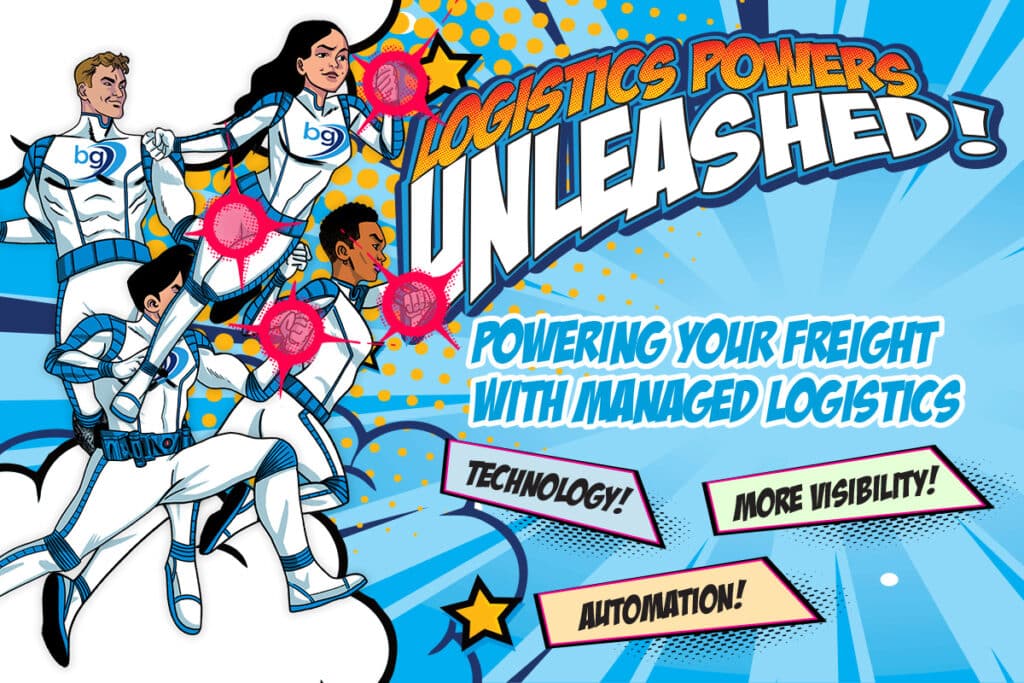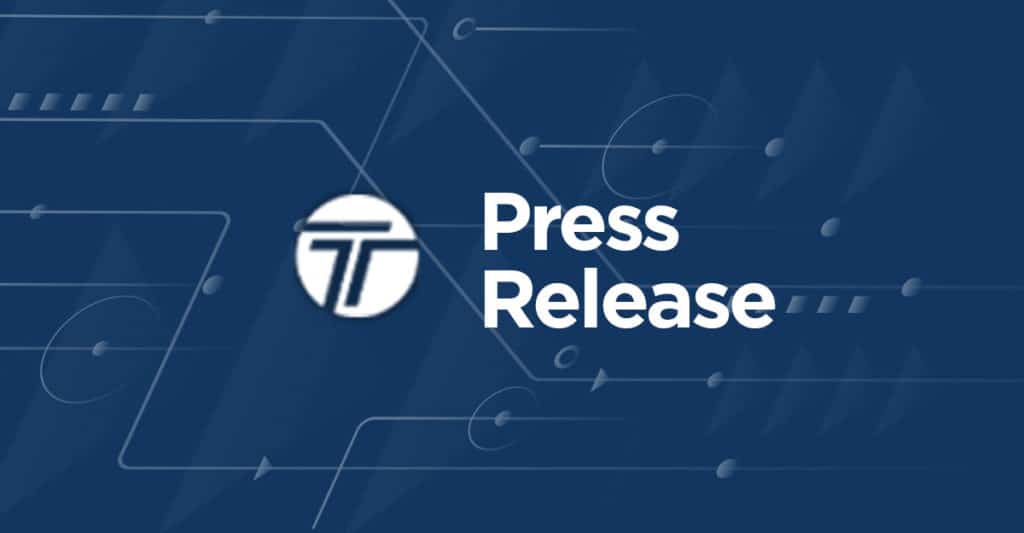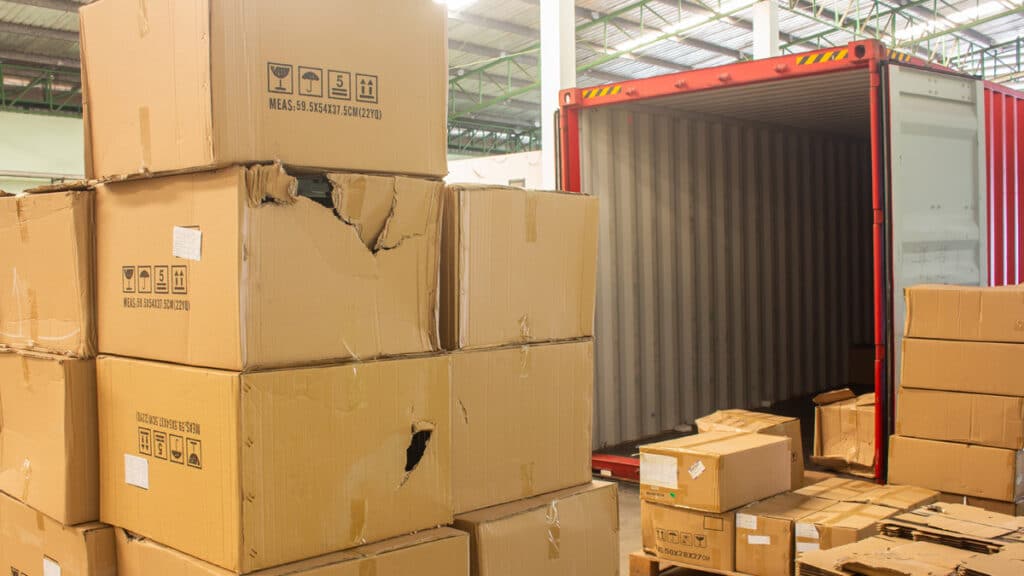
Insurance is an important part of risk management. It helps businesses mitigate financial loss arising from unforeseen events that may disrupt their supply chain. Transporting goods from one location to another is a crucial part of the supply chain. It is what keeps the business running. Hence, transport or cargo insurance should be an essential part of a shipper’s supply chain risk management strategy.
While most shippers understand the importance and the need for cargo insurance, there’s a debate on whether to rely on carrier liability or to get a separate insurance policy.
In the webinar titled Be Sure, Be Insured, Brian Blalock, Senior Manager Sourcing Strategy, BlueGrace, and Tyffany Gunn Kelley, Senior Manager Strategic Partnership and Channel Partner Program, UPS Capital, discuss: the difference between carrier liability and real insurance importance of insurance insuring solutions how organizations can manage risks to their supply chain
- the difference between carrier liability and real insurance
- importance of insurance
- insuring solutions
- how organizations can manage risks to their supply chain
Here are a few important pointers from the webinar:
UPS Capital appointed Harris Poll to survey U.S professionals who supervise shipments or are key decision makers for their company to understand their views on cargo insurance and how they manage risks in their supply chain. For the study, Harris Poll surveyed more than 600 professionals.
Why do shippers need insurance?
Setting the direction for the webinar, Tyffany shared some of the findings from the survey which highlights the risks to shipments during transit and explain why shippers need insurance:
- 1 in 10 shipments face a glitch
- 92% of the respondents said they experience some delay, loss, or damage in transit each year
- 15% of shipments can be affected due to in-transit incidents
- Approximately a loss of USD 56 Billion is reported annually due to cargo and freight movement (National Cargo Security Council)
- No mode of transport is free of incidents like lost shipments, damages, or delays
- Full truckload shipments report a loss of 12.8% annually
- LTL shipments show an annual loss of 10.8%
- Loss from ocean freight stands at 9.9% annually
- Air freight reports a loss of 9.5% annually
What is the impact of lost, damaged or delayed shipments?
To provide some perspective on the kind of damage such incidents can cause, UPS Capital asked the respondents to list down the areas that they thought were adversely affected due to lost, damaged, or delayed shipments:
- 52% respondents said it hurt customer relationships
- 51% respondents said it resulted in financial loss
- 46% respondents said it cost them in terms of employee time and cost
- 36% respondents said it had a negative impact on company reputation
What is shippers’ view on carrier liability?
Do shippers, logistics professionals, decision makers understand what carrier liability is and what kind of coverage it provides to their valuable shipments? The survey provides some alarming results.
- According to the results from the survey, almost 90% of the shippers rely on carrier liability to manage risks to cargo while in transit.
- Approximately 39% of the respondents thought that carrier liability is the same as real insurance.
- While 61% of the respondents believed that carrier liability and insurance were not the same, only a few of them were able to pinpoint the difference between carrier liability and insurance and the extent of cover each provides.
- Almost 25 – 50% of the participants thought that their carrier liability provided cover for incidents or events that it actually did not.
Why is carrier liability not enough?
Since a majority of shippers rely on carrier liability, it is necessary to understand what carrier liability is and how much coverage it actually provides.
The Business Dictionary defines carrier liability as “Air and ocean carriers are normally liable for all damage, delay, and loss of cargo except those arising from the act of God, act of the shipper, and the inherent nature of the goods from acceptance of cargo through its delivery or release. Air carriers are usually liable under Warsaw convention, and ocean carriers under Hague convention.”
The definition of carrier liability, also explained by Tyffany, itself provides a list of instances where a carrier cannot be held liable for loss to shipment during transit. Apart from the given instances, as Tyffany shares, the law allows carriers to limit their exposure and exempt a variety of situations thus further limiting their liability. To cite a few examples from the webinar that carrier liability does not cover:
- Cross-border shipments getting damaged by a customs agent or other government agency during inspection
- Pirates, hijackers or other “assailing thieves” stealing ocean containers
- A fire breaking out on a cargo ship that destroys cargo on board
What are the benefits of real insurance?
Along with providing a variety of policies which may be customized to suit the shipper’s requirements, real insurance also offers a host of benefits that can mitigate financial loss, help maintain the market reputation and customer relationships. Some of the benefits highlighted in the webinar include:
- Claims are settled based on the real valuation of the shipment
- It provides insurance coverage for all modes of transportation
- It covers door-to-door, so no separate policy is needed in case of multi-modal transportation
However, getting a cargo insurance policy is not a complete solution. It is also necessary to record the information about your supply chain so that you can understand the consequences in relation to claims. One of the best ways to do it is in a transportation management system, says Brian.
To know more about why you need real insurance coverage, insurance solutions and how a transportation management system can help keep track of and manage insurance claims, make informed business decisions for your supply chain, and mitigate risks to your supply chain watch the complete webinar HERE.
Want to know more about UPS Capital’s insurance plans offered to BlueGrace customers or our transportation management system? Connect with our team today by filling out the form below, or call us at 800.MY.SHIPPING.




